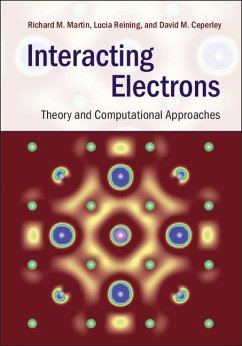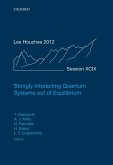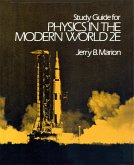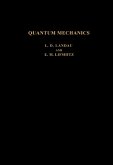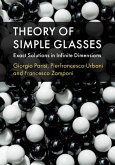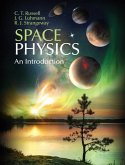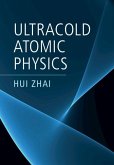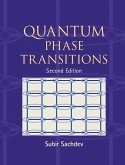Recent progress in the theory and computation of electronic structure is bringing an unprecedented level of capability for research. Many-body methods are becoming essential tools vital for quantitative calculations and understanding materials phenomena in physics, chemistry, materials science and other fields. This book provides a unified exposition of the most-used tools: many-body perturbation theory, dynamical mean field theory and quantum Monte Carlo simulations. Each topic is introduced with a less technical overview for a broad readership, followed by in-depth descriptions and mathematical formulation. Practical guidelines, illustrations and exercises are chosen to enable readers to appreciate the complementary approaches, their relationships, and the advantages and disadvantages of each method. This book is designed for graduate students and researchers who want to use and understand these advanced computational tools, get a broad overview, and acquire a basis for participating in new developments.
Dieser Download kann aus rechtlichen Gründen nur mit Rechnungsadresse in A, B, BG, CY, CZ, D, DK, EW, E, FIN, F, GR, HR, H, IRL, I, LT, L, LR, M, NL, PL, P, R, S, SLO, SK ausgeliefert werden.

